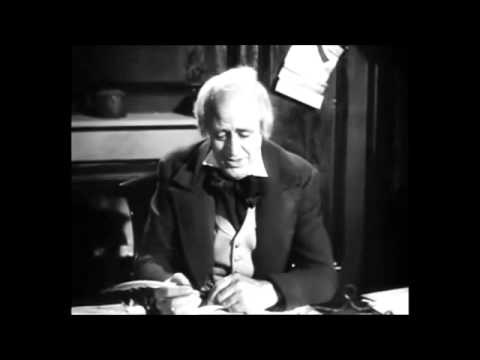Father of Dragons,
You’re reminding me of a piece that remains one of my favorite things you ever wrote. Tragically, I can’t find it anywhere on the internet these days—so here’s a deep cut from the Lost Klavan Apocrypha:
It was after the Charlie Hebdo massacre, when Islamists murdered staff at the French magazine for satirizing Muhammad. You pointed out that the victims had done something truly brave in poking fun at Islam, unlike the preening socialites who congratulate themselves for sneering at Christian rubes.
As if the beleaguered proletariat of Middle America poses any threat to a bunch of conformist billionaires in the Valley. As if the rubes would do the billionaires any harm even if they could. Unlike Islamists, Christians in the modern West don’t kill those who scorn them. We can take a joke because—and this was the title of the piece—“Our God Laughs.”
It’s a pretty daring claim, actually. What is there to laugh about in heaven? Aristotle thought the essence of comedy was the ugliness of worse-than-average people. And the average, of course, is you and me! Down here on earth, mockery usually depends on someone else’s pratfalls and buffoonery. Even people who can “laugh at themselves” are credited with bearing their own foibles lightly.
But what about where there are no foibles? Milton imagined a God “who sits above and laughs” at the impotent tantrums of hell—but only after Satan has already taken the absurdly self-defeating step of lashing out in self-righteous rebellion against Righteousness itself. What about when there weren’t any diabolical doofuses to kick around, though? Where there is no sin, are there also no jokes?
Maybe not the kind we’re most familiar with. But C.S. Lewis thought that a certain type of laughter—the type that froths and bubbles over among happy families, for instance—is not altogether of this world. “Something like it occurs in Heaven,” writes the demon Screwtape, “a meaningless acceleration in the rhythm of celestial experience, quite opaque to us.”
What it comes down to, I think, is where you draw the bottom line—not to say, the punchline—of the universe. After the last syllable of recorded time, when all the heat and fury of the world is spent, will there be silence or loud joy? One answer makes every twisted injustice into a source of indignation which, as you pointed out, can translate just as easily into comedy as into rage.
But if that rage at the deformity of things finds an answer, it's embodied in Alastair Sim’s Scrooge at the end of his performance in the movie adaptation of A Christmas Carol. “I don’t deserve to be so happy,” he wheezes in between fits of hilarity. He’s right: he doesn’t. But “I can’t help it. I just can’t help it!” Almost against his will, he’s been knocked off his own rigid little axis by the earthquake of a universe that trembles from its very foundations with the eternal laughter of our God.
Love,
Spencer





I just found it! - https://pjmedia.com//andrew-klavan/2015/01/11/our-god-laughs-our-holy-war-with-radical-islam-n180141
Right on, Spencer. Sometimes I wonder if The Lord is delaying his hour of return just from the sheer delight of watching His petulant children. I too never want my kids to grow up. It’s funny.